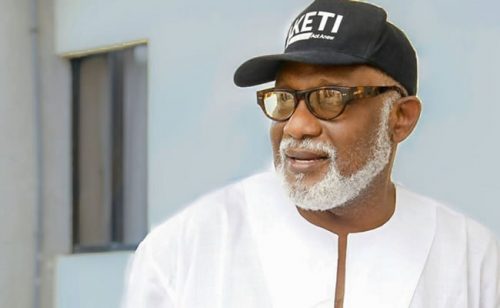Analysts Warn Nigeria’s N5.2trn Trade Surplus May Not Hold Forex Stable

Nigeria recorded a robust merchandise trade surplus of N5.2 trillion in the first quarter of 2025, but analysts have warned that the country’s external competitiveness is weakening, raising concerns over long-term foreign exchange sustainability.
Data from the National Bureau of Statistics (NBS) show that total trade rose 6.2 per cent year-on-year to N36 trillion in Q1 2025, though it slipped 1.6 per cent compared to Q4 2024. Exports climbed 2.9 per cent to N20.6 trillion, while imports declined by 7 per cent to N15.4 trillion. The combined effect lifted the trade balance by 51.1 per cent quarter-on-quarter to N5.2 trillion.
Despite this improvement, analysts at Afrinvest West Africa cautioned that Nigeria’s terms of trade (ToT) deteriorated in the period, eroding some of the real gains from the surplus. The ToT index slipped by 0.5 per cent to 101.3 points, down from 101.8 points a year earlier. This means that every N1,000 earned from exports in Q1 2025 could only purchase N1,012.80 worth of imports, compared to N1,017.80 in Q1 2024.
Afrinvest estimates that the slippage in ToT translated into a N100.4 billion loss in potential import purchasing power from the N20.6 trillion export earnings in the quarter. The firm attributed the decline to rising import costs amid global supply pressures, while export price increases remained modest, reflecting competitiveness challenges.
The import price index rose 1.5 per cent year-on-year to 114.2 points, outpacing the 1.0 per cent increase in the export price index, which stood at 115.6 points. Higher import costs were driven mainly by chemical products, machinery, and base metals.
“Although the trade surplus provides a cushion for the external account, the slip in ToT underscores that Nigeria’s real gains from trade are thinning,” Afrinvest said. “If import prices continue to outpace export prices, the purchasing power of export income could diminish over time, weakening forex sustainability despite recurring surpluses.”
The analysts stressed that without stronger export competitiveness and reforms to cut structural trade costs, Nigeria risks a situation where surpluses deliver less value to the economy, limiting the impact on foreign reserves and exchange rate stability.











